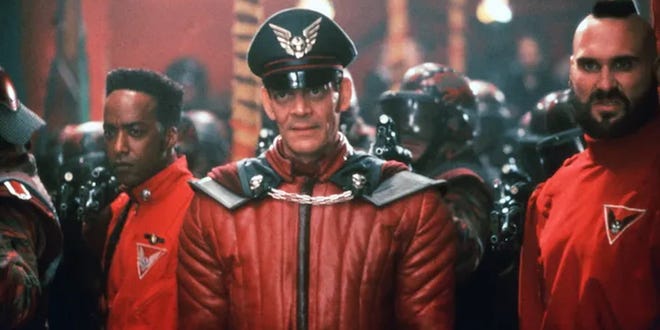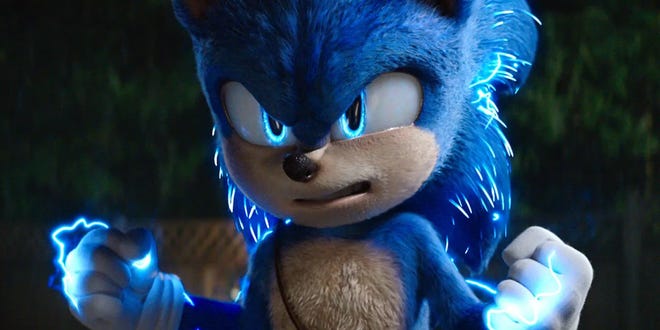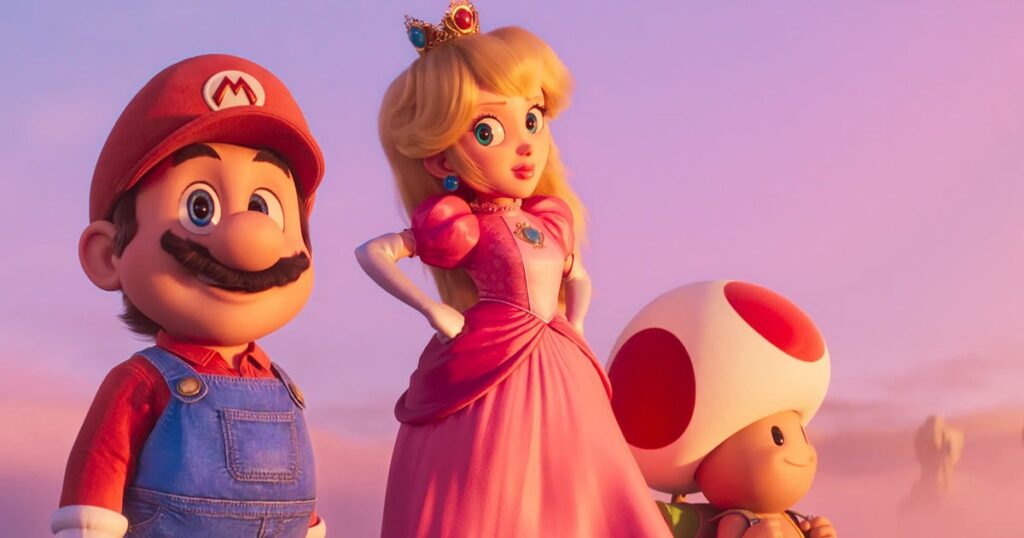Top stories of the day on Popverse
The same media cycle breaks out every time a new movie or TV show based on a video game is announced. First of all, everyone wonders how you even begin to animate something as iconic as Fallout, Super Mario Bros., and The Legends. A completely new medium for Zelda. That's when we're suddenly and forcefully reminded of all the terrible video game adaptations we've had to endure over the years. And countless media outlets ask the same question. Will this be the asset that breaks the dreaded “video game curse” that has caused so many misfires over the years?
This question, like the concept of the video game curse itself, is woefully outdated. Just as comic book movies enjoy their time in the spotlight, games have already proven they can make their way to the big screen, too. Super Mario Bros. grossed over $1 billion at the box office last year, and Five Nights at Freddy's was one of the most popular horror movies of the year. So why do we keep having the same boring conversations?

Much of it is historical. I mean, historically, a lot of video game movies have been bad. Some of them were downright awful. Anyone who lived through the era when Uweboll was making a ton of video game movies will tell you that the curse of video games was still alive and well in the '90s and his early '00s. For every “so bad, it's good” Street Fighter movie we got, there were some Alone in the Dark movies that reminded us just how bad things can be.
The '90s were certainly a wilderness of video game adaptations that were uniquely terrifying. Of his many works, only his 1995 Mortal Kombat can even be considered legitimately good, and even that has effects that have aged like fine milk. So what has changed? When did the famous video game curse begin to lift? Lara Croft: Tomb Raider, starring Angelina Jolie at the height of her Hollywood fame, grossed nearly $275 million in 2001. What they brought in helped, but what really changed was the way video games were presented.
As games became more cinematic, it simply became easier to adapt. Cutscenes are now more than just text on a screen. Story became more important to the experience and easier to separate from gameplay. You no longer need to fill in the gaps in your story to make a good movie. What was a niche hobby quickly became one of the largest media formats in existence.

As video game stories have become easier to adapt, video game movies have become better investments for studios. The Resident Evil series has grossed over $1 billion at the box office, though it's laughably uneven. Detective Pikachu, Uncharted, and Sonic the Hedgehog 2 have grossed over $400 million at his box office, and there is no way to cheapen these games or make them any less fun. It has been proven that it can be made into a live-action film without any problems. That success transferred to television, with Fallout and The Last of Us giving fans of the games exactly what they wanted without completely alienating non-gamers in the process. It made it look interesting.
But critics have long memories and short attention spans, and would rather argue that a few successful video game adaptations are the exception than admit that the curse of video games is completely dead. is easy. Sure, we sometimes see bad movies based on video games, like 2020's Monster Hunter, but that's because bad movies continue to be made in all genres. Unfortunately we can't stop it, but to say that video games make bad movies is to ignore the past 20 years of film history, and we should stop doing that.
Want to know what's next in pop culture? Check out our guides to upcoming movies, upcoming TV shows, upcoming comics, and upcoming comic book conventions. If you're looking for a specific series or genre, we've got all the upcoming MCU, upcoming Star Wars, upcoming Star Trek, and upcoming DC movies and TV. If you're a superhero fan and don't just specialize in Marvel or DC, we also have a comprehensive guide to all upcoming superhero movies and upcoming superhero TV shows (and new seasons) It has been.


